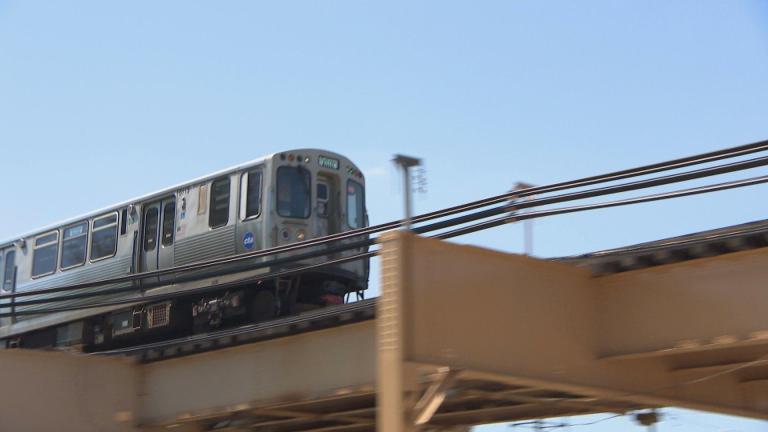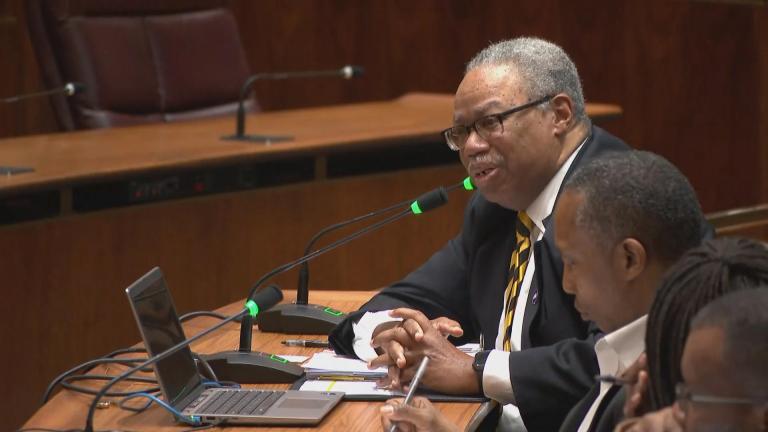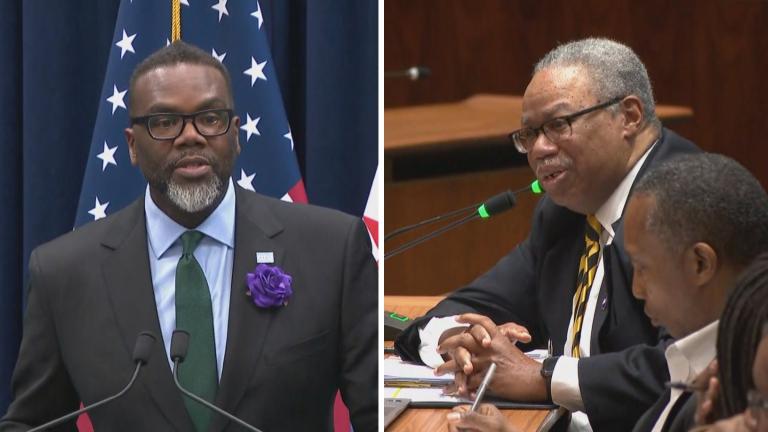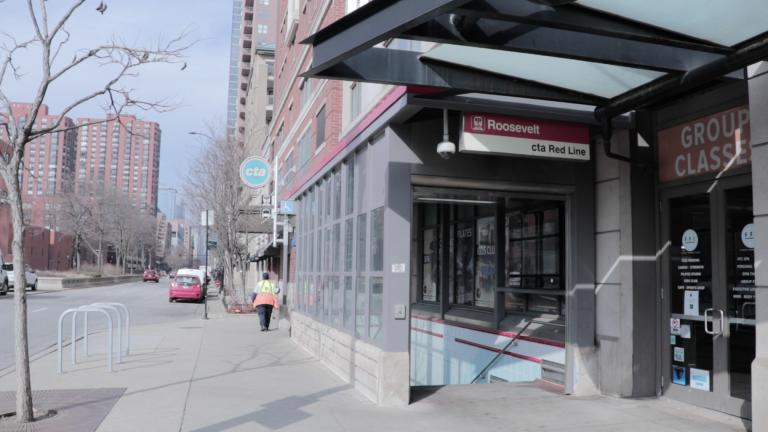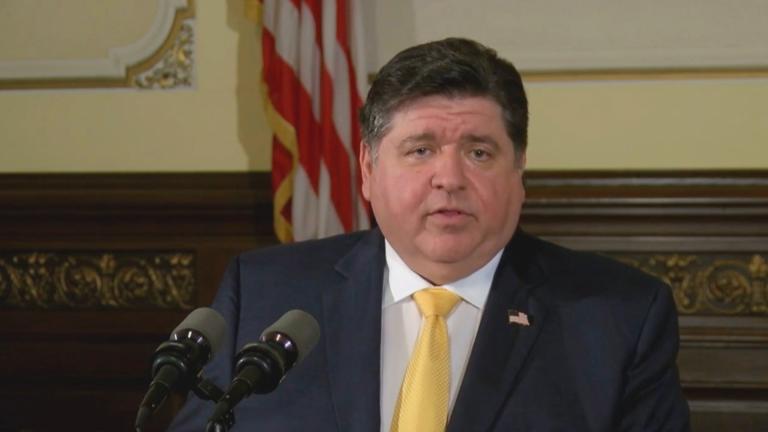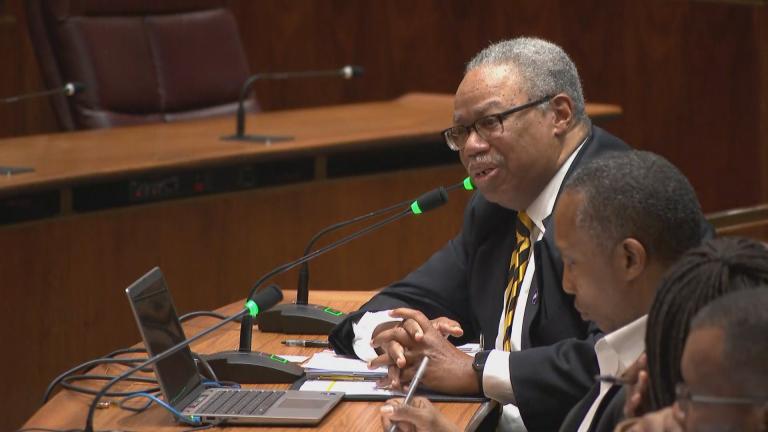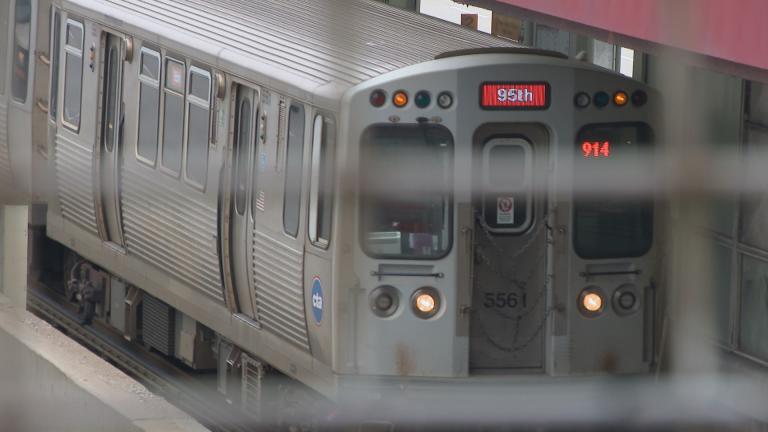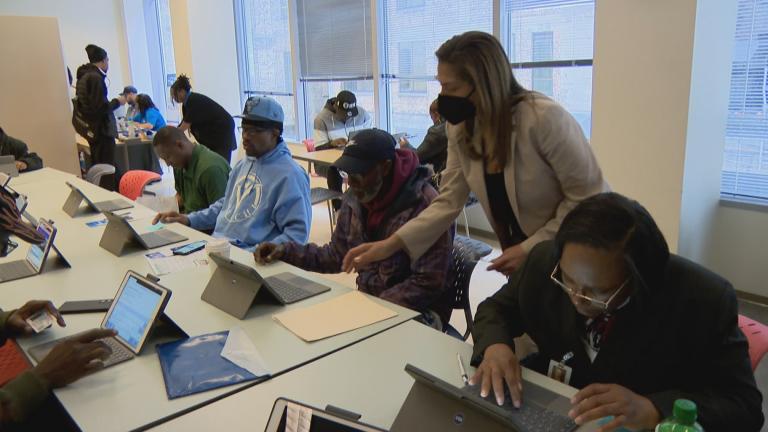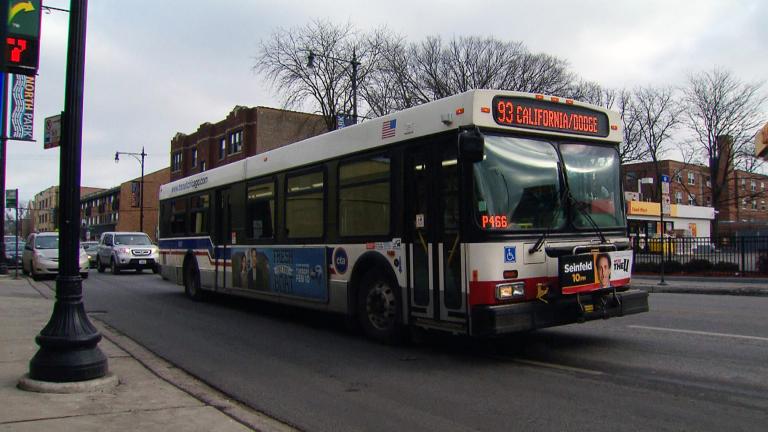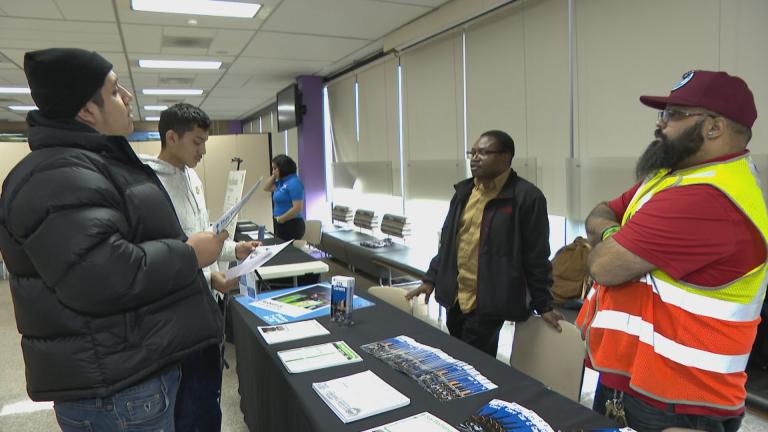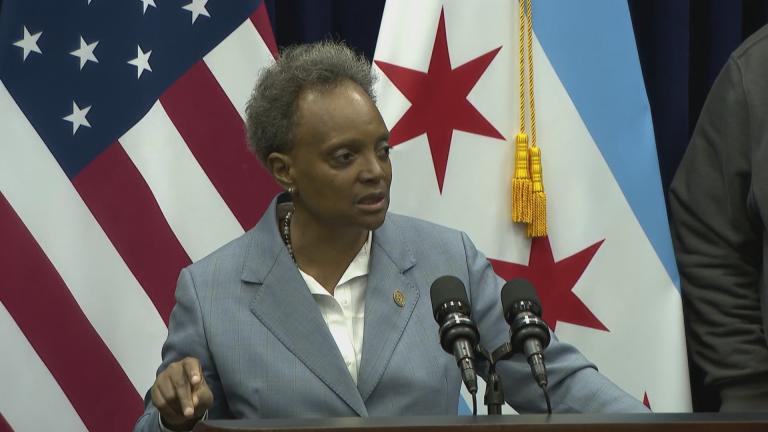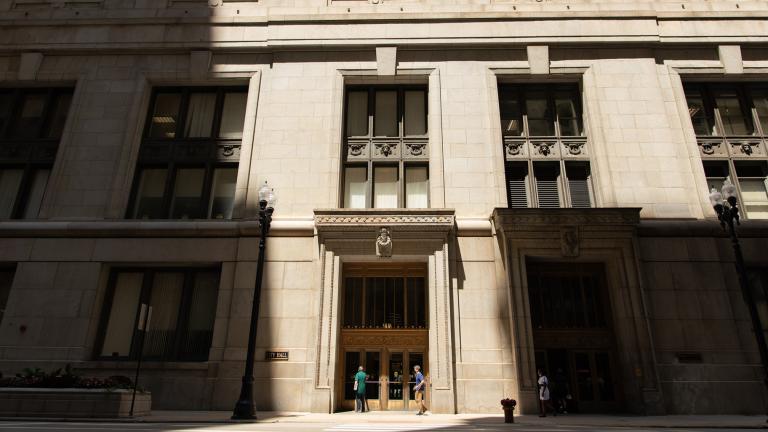The Chicago Transit Authority board of directors approved a combined daily pass allowing seamless trips across CTA, Metra and Pace. The proposal calls for daily passes ranging from $10-16 depending on how far passengers are traveling.
Dorval Carter
Chicago Transit Authority President Dorval Carter took the fight to foes of his leadership – including the 29 alderpeople who signed on to a resolution calling for him to be replaced – at a lengthy City Council hearing on Thursday.
Allies of the mayor used a parliamentary maneuver Wednesday to prevent a vote on the nomination of the Rev. Ira Acree to serve on the board of the Regional Transportation Authority, an acknowledgment they did not have the votes to confirm the politically connected pastor.
CTA President Dorval Carter said the agency will use the report as “a major foundational point for our overall advocacy of the transit system,” an effort to get Springfield lawmakers to address the fiscal cliff facing transit when billions in federal COVID-19 relief funding runs dry.
“Changes are going to have to take place, there’s no doubt, at the CTA, and I think that’s going to take some new leadership and additional leadership,” Gov. J.B. Pritzker said. The agency has been under scrutiny amid rider frustration, unkempt train cars and safety concerns.
The $3.6 billion Red Line Extension project will carry the Red Line 5.6 miles south from its current terminus at 95th Street down to 130th Street. Nearly $2 billion in funding is slated to come from the federal government.
CTA President Dorval Carter said the transit agency plans to restore reduced bus and train service to pre-pandemic levels this year, including a 44% boost to bus service, with the process beginning in the coming weeks.
Mayor Brandon Johnson said a $3.6 billion plan to build 5.6 miles of new train tracks, as well as four stations, would “right a historic wrong” and provide a “critical connection that has been missing for half a century.”
The CTA says in July of 2023, it delivered an average of 88% of scheduled rail service, compared to 71% in August of last year. And it says it delivered 96% of bus service this July, compared to 81% last August.
The CTA touted the lockers as a convenience for customers and a way to reduce congestion and pollution from Amazon’s ubiquitous delivery trucks and vans. The program is a three-year deal, with two options to extend it by a year.
The CTA is still short more than 600 full-time bus and rail operators. As the transit agency tries to reverse service and staffing losses, it’s been putting a big focus on hiring.
The staffing shortfall is one of a plethora of issues plaguing the CTA in recent months. Frustrated riders and alderpeople have slammed agency leadership for late or missing buses and trains, inadequate cleaning, safety issues and not providing social services to unhoused people.
Hiring bonuses, retention bonuses and a raise for new employees are all part of the CTA’s plan to attract and keep bus and train operators and mechanics as the agency claws its way out of a huge staffing shortfall.
A WTTW News analysis of CTA bus and train operator work records from 2015 to 2021 shows a growing number of employees paid for long average workweeks, which experts say raises questions about worker and passenger safety and the agency’s bottom line.
Lightfoot formally introduced a proposal on Wednesday to the Chicago City Council to create a new tax-increment financing district along the southern branch of the CTA Red Line to fund the extension of the train line first envisioned by former Mayor Richard J. Daley in the 1950s.
Mayor Lori Lightfoot initially opposed efforts by members of the City Council to require the heads of the city’s sister agencies to answer questions from the City Council but dropped her objections Wednesday.

